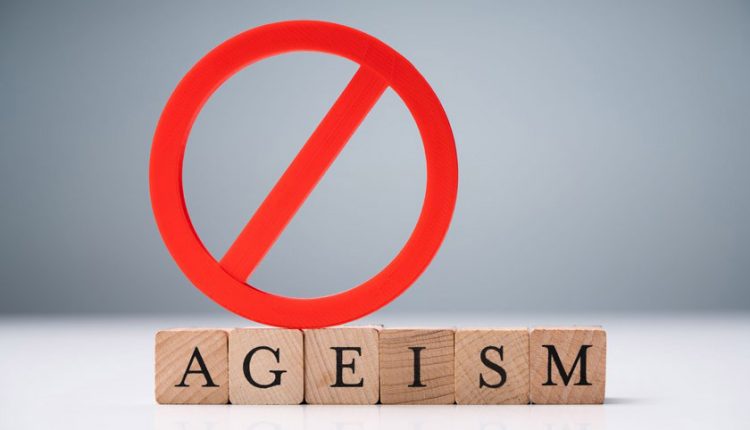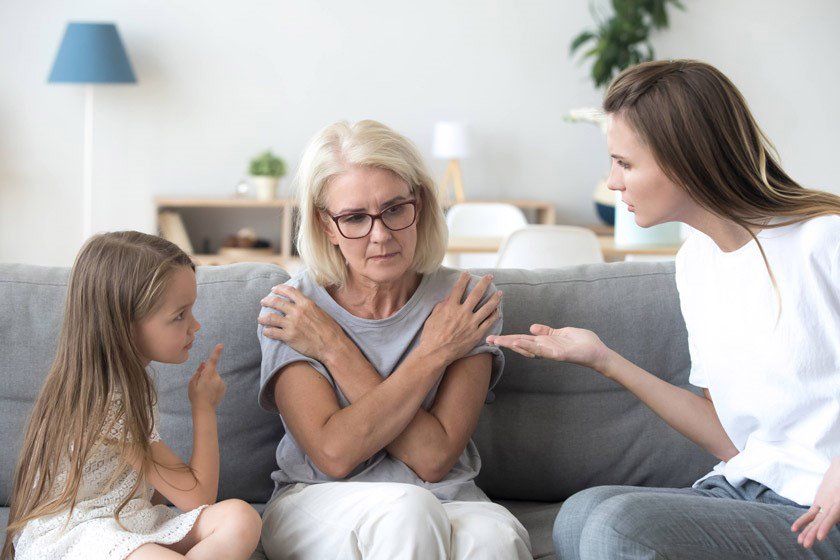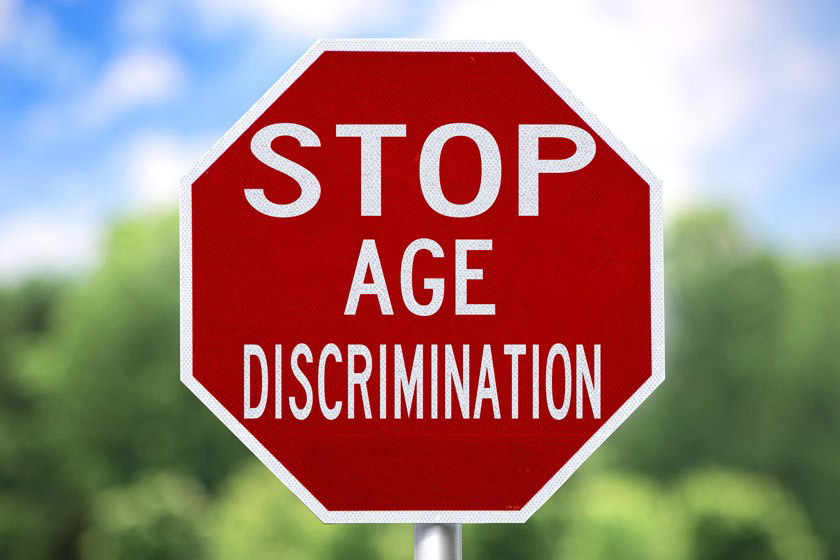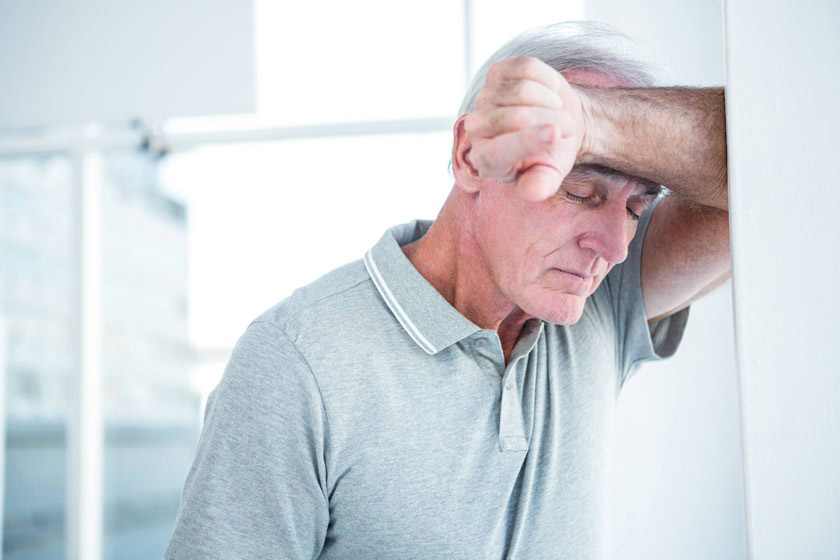
What Ageism Can Do to Older Adults’ Health
We can all agree that if we could decide to eliminate one bad behaviour from the society with no signs left, ageism would be a popular option on top of the list. Unfortunately, the real world is messy, and small-minded people do exist. But hopefully, we can all still dream of seeing the day when saying “you are too old for this” is considered a hurtful crime. This article will talk about how ageism negatively affects the senior’s health in hopes of demonstrating how severe this unjust form of discrimination can be.
Contents
What Is Ageism?
Ageism is the formation of prejudice, stereotype, or discrimination against other people based on their age. An ageist person would make untrue and unjustified assumptions about other people’s abilities and capabilities on the grounds of their age.
To seniors, ageism can be the most harmful form of behaviour because it is entirely against helping seniors feel useful and happy.
Who Is Affected by Ageism?
Ageism can affect seniors and anyone whose age does not seem suitable for a particular task. Although we think it is safe to say that seniors are associated more with the concept of ageism since there are numerous reports of ageism against older adults. Unfortunately, the bitter truth is that society still judges people regardless of their age, experience level, or youthful energy. And those judgments almost always tend to be harmful, even to our health.

What Are the Adverse Effects of Ageism?
Ageism, prejudice, and discrimination against people based on age have several adverse effects. First and foremost, it can lead to social isolation and exclusion of older adults from society. Ageism can also result in lower self-esteem, reduced opportunities for employment, and limited access to healthcare services. Moreover, it can perpetuate harmful stereotypes about aging and contribute to intergenerational tension and division.
These are all known facts. But what many people do not seem to notice is the adverse effects that being subjected to ageism has on our health.
How Is Ageism Bad for Seniors’ Health?
Of course, the negative health effects due to ageism are not limited to seniors only, but seniors seem to suffer from such effects the most. Here are some examples:
- Shorter lifespan (by 7.5 years)
- Decreased mental and physical wellbeing
- Slower recovery from disability
- Higher tendency to take up risky health behaviours (like smoking, drinking, unhealthy eating)
- Cognitive dysfunction
- Depression
- Lower quality of life
Several studies in multiple countries, including the United States, Germany, Australia, and China, confirm the distressing outcomes of ageist encounters. These studies also show that discrimination based on age is not limited to any group of race, ethnicity, or sex and the subjects were judged by no other factor than their age.

As you can see, all these harmful effects conflict with the practice of making old age happy and healthy. So we must try our best and protect our seniors from the harm done by unjustified, unfair ageism.
Also, other results show how ageist beliefs influence the seniors’ health:
- Incomplete access to health care
- Not being eligible for clinical trials
- Age-related restrictions of resources, including medical services
- Low employment opportunities
It is no lie that ageism makes it hard to maintain seniors’ mental health. What ageism do to our seniors’ mental health is heartbreaking, but unfortunately, the evidence shows that physical health is also not immune to toxic ageism.
How Can We Fight Ageism?
The law is the most powerful tool for any society to fight its unfair and harmful habits. Whenever laws start to protect humans from ageism, social standards will improve, and toxic age-biased behaviour will decrease, at least to the extent that laws can do so. But this does not mean that we, as a society, need to leave everything to the policies. We cannot expect the law to take care of everything if we do not start the change among ourselves, from each individual.
So, what can we, as an individual and a citizen, do to protect ourselves from ageism? The short answer is we can always educate ourselves. Suppose we try to learn more about the differences among age groups, the stereotypes they are expected and forced to act upon, and the hardships each generation faces because of its age. In that case, we can be more empathetic and understand everyone better.
Another thing to do inside the society is to hold interventions and social activities suited for all ages to bring all the generations together. Activities of this kind are a great way to understand the importance of maintaining a good relationship with the elderly. Some examples are activities in which teenagers and youngsters hold technology-related programs for seniors. They would help them live a better life, or seniors hold events to let the young people benefit from their lifelong experience and use their mentorship to succeed in their lives.

Final Words
When you think about all the life lessons we can learn from the elderly, it is undoubtedly sad how they have to suffer from being surrounded by discriminations and prejudices which are based on no firm and reasonable ground.
Seniors should not let the unfair part of society’s views prevent them from having a healthy and happy life. They should never let people with ageist thoughts disturb their physical and mental health in any way. Keeping a healthy diet, avoiding alcohol and smoking, and exercising can help. We suggest Yoga for seniors. Another perfect suggestion for paying attention to your life and no attention to untrue stereotypes is Pilates for seniors.
While no society and country are ageism-free, we can fight it by educating ourselves. For a good start, we can learn how to live by the famous motto:
“Age is just a number.”
I’m 60 years old, but I’ve been fighting ageism for a long time. After a successful career in information technology, I’ve always loved recruiting individuals I believed were better than me – in the spirit of doing what’s best for the business, not for me. I’ve employed seniors more times than I want to remember, mainly because they were skilled, experienced, and the best option. What I witness today is far from that; far too many organizations avoid hiring older workers for various reasons, including insurance costs, uncertainty about hiring someone better than them, or a dislike of older people.
Dear BigJoe, I can’t agree more. That’s unfortunately true that many companies prefer hiring younger people. But still, I suppose your attitude speaks out and defines your capabilities. Once other people notice your positive and confident approach, they will adjust their reactions accordingly.
Thanks for this great article! It came to me when I needed it the most. As a 72-year-old man, I have suffered from ageism many times, and now I feel useless and senile. I don’t want to deny that I’m not as energetic as before, but it hurts when they see you as a burden and as someone who can not understand things well. I have tried to prove myself and show my skills many times, but even my family doesn’t believe me, and I feel unlovable. Anyhow, I wish kindness fills the world someday!
I’m sorry to hear that, Dylan. Please never call yourself “useless.” Remember, you are NOT a tool. A tool is created to service and help with the needs of others. A person is not. Your value is inherent, and it’s unfair to look at yourself that way. What others, even your own family, think of you doesn’t define who you are or what you’re capable of. You do. I know it’s hard to deal with this situation, especially since it also involves your family, but if you surround yourself with the right people who can lift your spirits, you will eventually start to feel loved. Because you are lovable 🙂
Just like racism and sexism, it all takes endless effort and a bunch of time to make it go away. At last, there’s nothing we can do except inform others and be the voice of older adults who are not treated fairly.
I’m not a senior, I’m 25, but I got so impressed by this article! I’ve noticed that I have some offensive attitude toward my parents when they don’t perfectly know how to use their smartphones or stuff like that. It’s embarrassing, but I often underestimate their abilities and wisdom because they’re older than me! But I swear I didn’t do these on purpose. I think it’s unconscious. So the best way to fight ageism, to my mind, is to keep remembering the fact that seniors are full of experience and have much more knowledge and information than young people.
That is right, I am 45 years old, and I had the same attitude toward my parents when I was a teenager. Now I have read about the negative effects of ageism; I want to encourage everyone to protect seniors from ageism.
Ageism seems such a socially fixed feature of our modern society with implications on individual and population levels, doesn’t it? I believe ageism has shaped policy, thoughts and the lives of ageing groups over the past century with far-reaching results. By reducing the frequency of negative stereotypes and discrimination, those directly affected by harmful ageing labels can benefit in terms of their biopsychosocial health. It has been suggested that increasing intergenerational activities and work-related actions can advance understanding and acceptance between generations, and that’s something I’m looking for in my society.
I have seen ageism play a role in doctor\patient relationships many times.
Some doctors have no interest in the elderly. They sometimes barely cover their impatience during a senior’s appointment.
I saw a doctor get mad at my mom because she was worried about her lack of bowel movements. She was 69 at that time and constipation was the reason we made the appointment at first place.
He told her not to schedule an office visit about her bowels ever again and she was at the emergency room several days later with an obstructed bowel, it almost killed her…